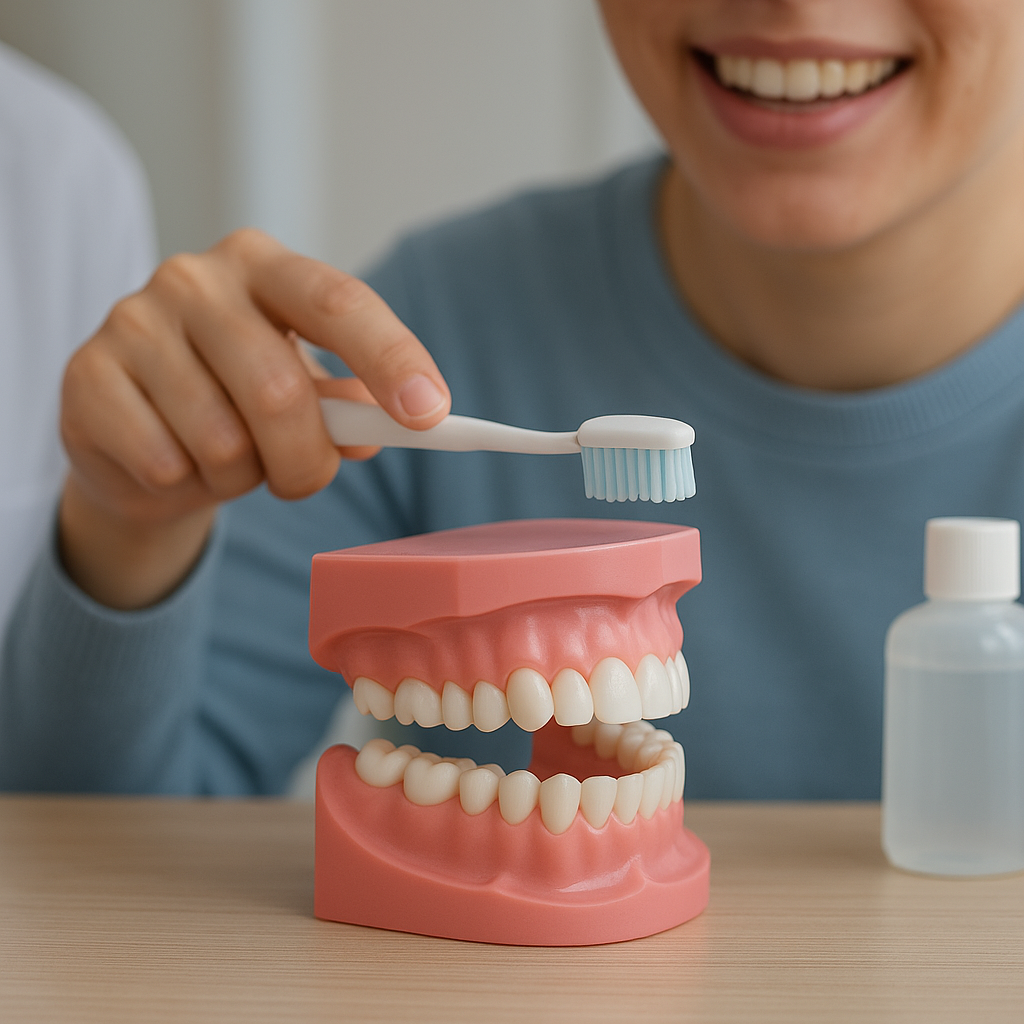The importance of mental health awareness in dental care cannot be overstated, as it plays a crucial role in the overall well-being of patients. Dental professionals are increasingly recognizing that mental health issues can significantly impact a patient’s ability to maintain oral hygiene, attend appointments, and respond to treatment. This article will explore the intersection of mental health and dental care, highlighting the importance of awareness, understanding, and appropriate interventions in promoting better health outcomes.
Understanding the Connection Between Mental Health and Dental Care
Mental health encompasses a wide range of emotional, psychological, and social well-being factors that influence how individuals think, feel, and act. It also affects how we handle stress, relate to others, and make choices. When it comes to dental care, mental health can have profound implications. For instance, individuals suffering from anxiety or depression may neglect their oral hygiene, leading to a host of dental problems.
Research has shown that there is a strong correlation between mental health disorders and oral health issues. Patients with conditions such as depression, anxiety, and eating disorders often experience higher rates of dental caries, periodontal disease, and other oral health complications. This connection can be attributed to several factors:
- Neglect of Oral Hygiene: Individuals with mental health issues may struggle to maintain regular oral hygiene practices, such as brushing and flossing, due to lack of motivation or energy.
- Dietary Choices: Mental health conditions can influence dietary habits, leading to increased consumption of sugary or unhealthy foods that contribute to dental decay.
- Medication Side Effects: Some medications used to treat mental health disorders can cause dry mouth, which increases the risk of cavities and gum disease.
- Fear and Anxiety: Dental anxiety is a common issue among individuals with mental health disorders, leading to avoidance of dental appointments and worsening oral health.
Promoting Mental Health Awareness in Dental Practices
Given the significant impact of mental health on dental care, it is essential for dental professionals to promote mental health awareness within their practices. This can be achieved through several strategies:
1. Training and Education
Dental professionals should receive training on the signs and symptoms of mental health disorders, as well as effective communication techniques to engage with patients who may be struggling. Understanding the psychological aspects of patient care can help dentists create a more supportive environment.
2. Screening and Assessment
Incorporating mental health screenings into routine dental assessments can help identify patients who may be at risk. Simple questionnaires or discussions about mental well-being can provide valuable insights into a patient’s overall health and help tailor treatment plans accordingly.
3. Creating a Supportive Environment
Dental offices should strive to create a welcoming and calming atmosphere that reduces anxiety. This can include soothing decor, gentle music, and the option for patients to bring comfort items, such as stress balls or headphones, to their appointments.
4. Collaboration with Mental Health Professionals
Establishing partnerships with mental health professionals can enhance the care provided to patients. Referring patients to mental health services when necessary can ensure they receive comprehensive support for both their mental and oral health needs.
5. Patient Education
Educating patients about the importance of mental health in relation to their dental care can empower them to take charge of their well-being. Providing resources and information on managing anxiety and stress can help patients feel more in control during their dental visits.
Conclusion
The importance of mental health awareness in dental care is a critical aspect of providing holistic patient care. By understanding the connection between mental health and oral health, dental professionals can better support their patients and promote positive health outcomes. Through training, screening, and creating a supportive environment, dental practices can play a vital role in addressing the mental health needs of their patients, ultimately leading to improved oral health and overall well-being.




